Your Expert Guide to 2026 Summer Internships: Where to Intern Abroad
Internship Abroad in Spain, Spanish Culture, and Delicious Food: 6 Things You Need to Know
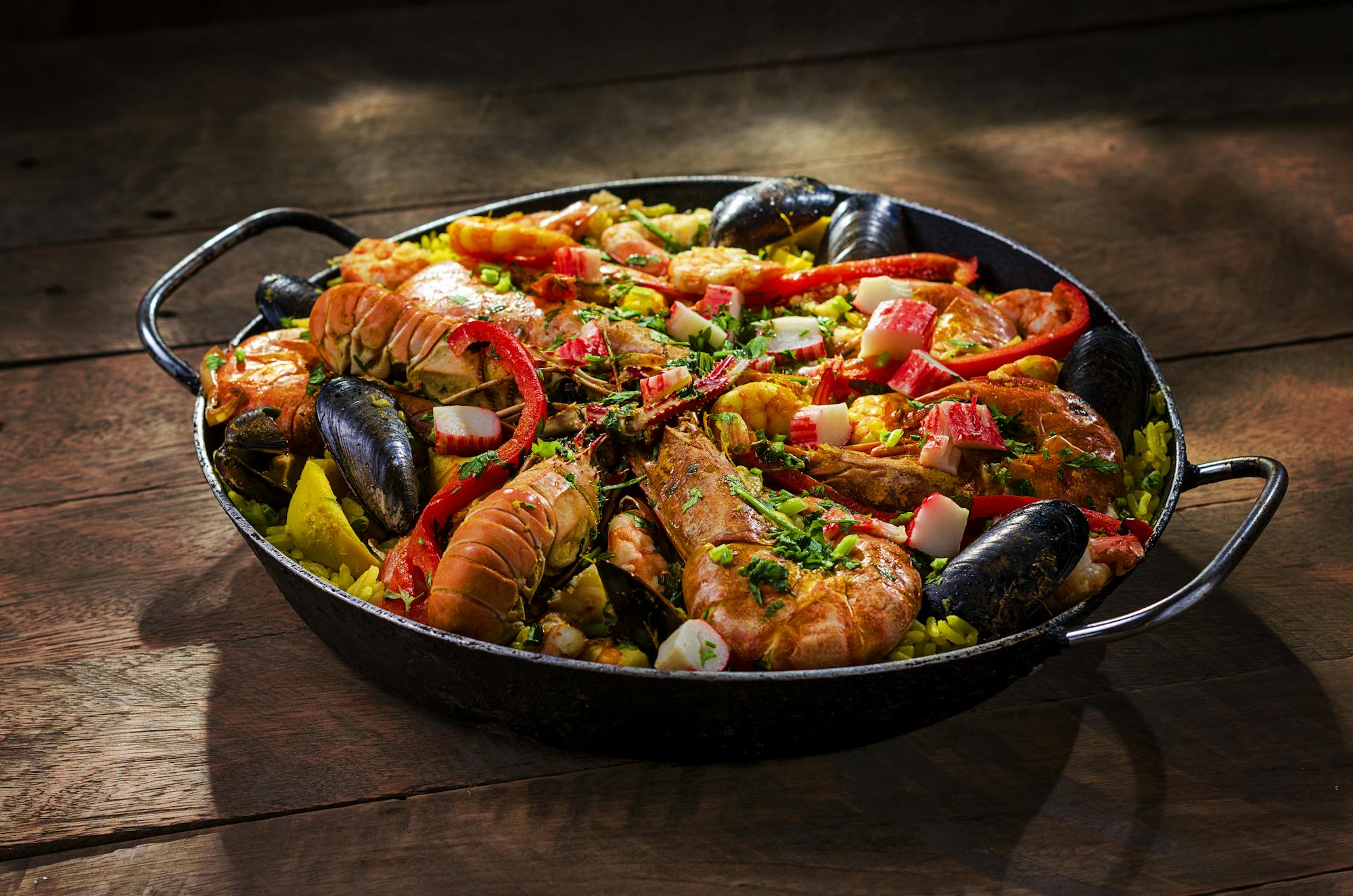
1. Understand Spanish Meal Culture
In your internship abroad in Spain, expect major lifestyle shifts around meals. It’s important to know when meal times are to plan your restaurant visits accordingly. Knowing this will help you avoid being hungry when all of the restaurants are closed.
- First Breakfast (desayuno) is eaten between 7:00 – 9:00AM. This is a light meal to start the day with just coffee, hot chocolate, or juice paired with a pastry, toast with olive oil or jam, or a small sandwich.

- Second Breakfast (almuerzo) is eaten around 10:00 – 11:00AM. This meal is more filling, and can include cheeses, meats, eggs, or other tapas-style foods.
- Lunch (la comida) is served around 2:00 – 3:00 PM and is a big break from work. Spanish workplaces treat it as sacred and real downtime.
- Dinner (la cena) is late, around 9-10 PM, so plan accordingly.
You’ll often get free tapa plates with drinks at casual bars. These are budget-savers, especially during internships abroad in Spain.
2. Tapas & Markets: A Foodie’s Dream
Tapas are the heart of culinary life in Spain. Small plates like croquetas, tortilla de patatas, patatas bravas, jamón, and croquetas make socializing and eating affordable and fun.
Top food markets in Madrid that interns abroad love:
- Mercado San Miguel – a gourmet tapas hall with jamón, paella bites, and more!
- Mercado San Antón – a hybrid market offering groceries, tapas, and rooftop drinks in Chueca.
- Mercado de San Ildefonso, Mercado de la Paz – from hipster to traditional vibes, you’ll find fresh produce, tapas, and more!
Splurge occasionally at these mercados for cultural immersion and snack while mingling with locals. Great for interns adjusting to life during an internship abroad in Spain. If you need local recommendations, ask your program director. They know the area better than anyone!
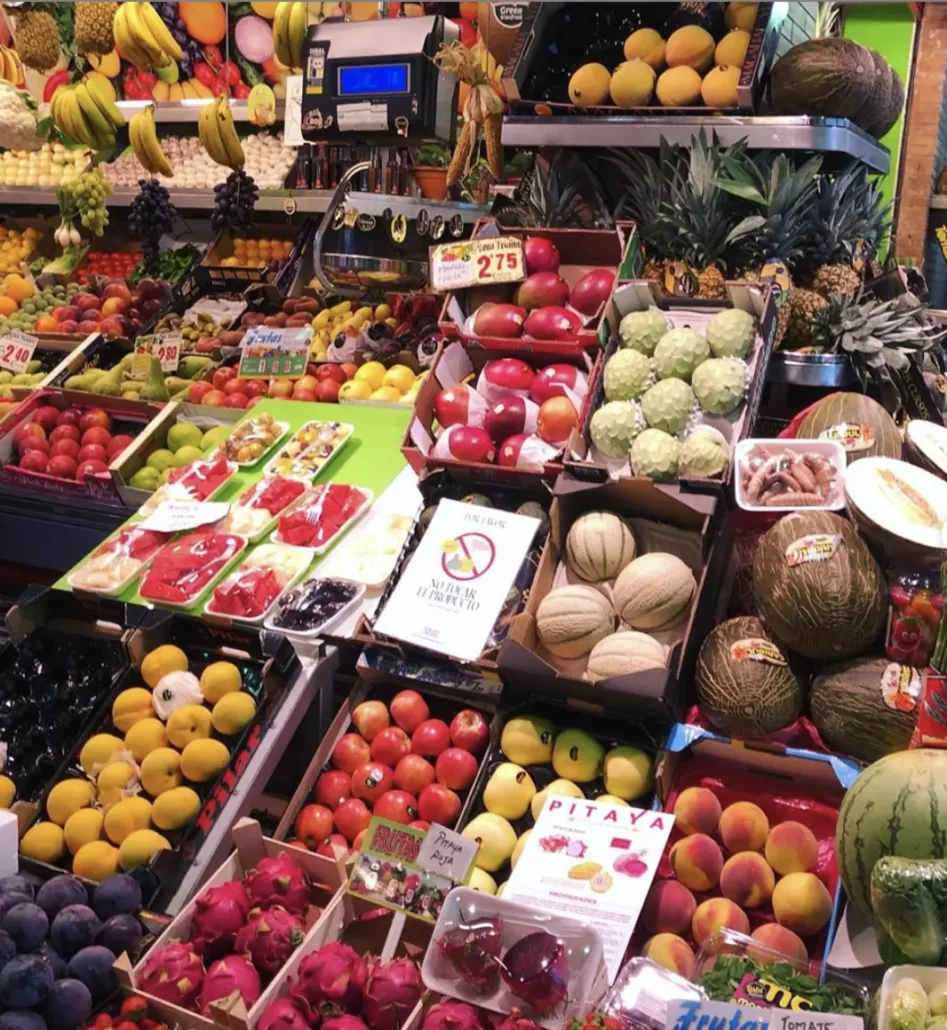
3. Local Highlights to Try
During your internship abroad in Spain, here are must-try dishes:
- Paella – especially seafood or vegetarian versions, found easily in Madrid and coastal cities.
- Jamón ibérico and croquetas – classic bites you’ll see everywhere.
- Tortilla de Patatas – thick potato omelet, simple and satisfying.
- Patatas Bravas – crispy potatoes with spicy sauces; a bar staple.
- Gambas al ajillo or champignons al ajillo – garlic shrimp or mushrooms, great tapas.
- Churros con chocolate – sweet breakfast or late-night treat, try the iconic San Ginés in Madrid.
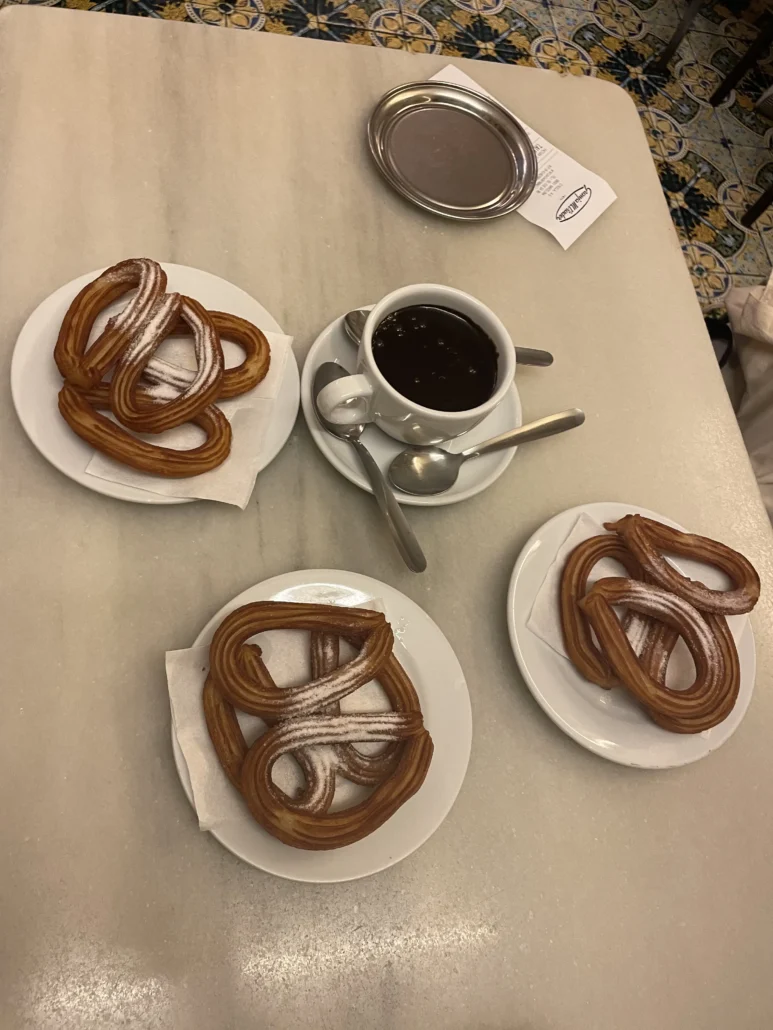
Some of these foods may be out of your comfort zone, but this is the perfect opportunity to be a little uncomfortable. Be sure to arrive at your internship abroad with an open mind. Be adventurous to try all the new foods you haven’t tried before. Try all of the foods that you can’t get back home, because when are you going to try them again? You may find your new favorite food yet!
4. Social Eating Tips While Interning Abroad in Spain
- Go for tapas with colleagues or friends. It’s a casual, social meal. Free tapas often accompany drinks, especially in Granada or certain Madrid bars.
- Build connections over food. During your internship abroad in Spain, asking questions about ingredients or dishes is a great ice-breaker.
- Take language cues from food culture. Asking for a tapa with your drink will encourage locals to speak with you.
Food is a great way to build connections during your internship abroad. Go out with people in the same program as you, so you can experience new things for the first time together. Ask your colleagues if they want to grab tapas. They live there so they will be able to give you some great advice and insights on the area. They might know some hidden gems that are better than the famous tourist spots.
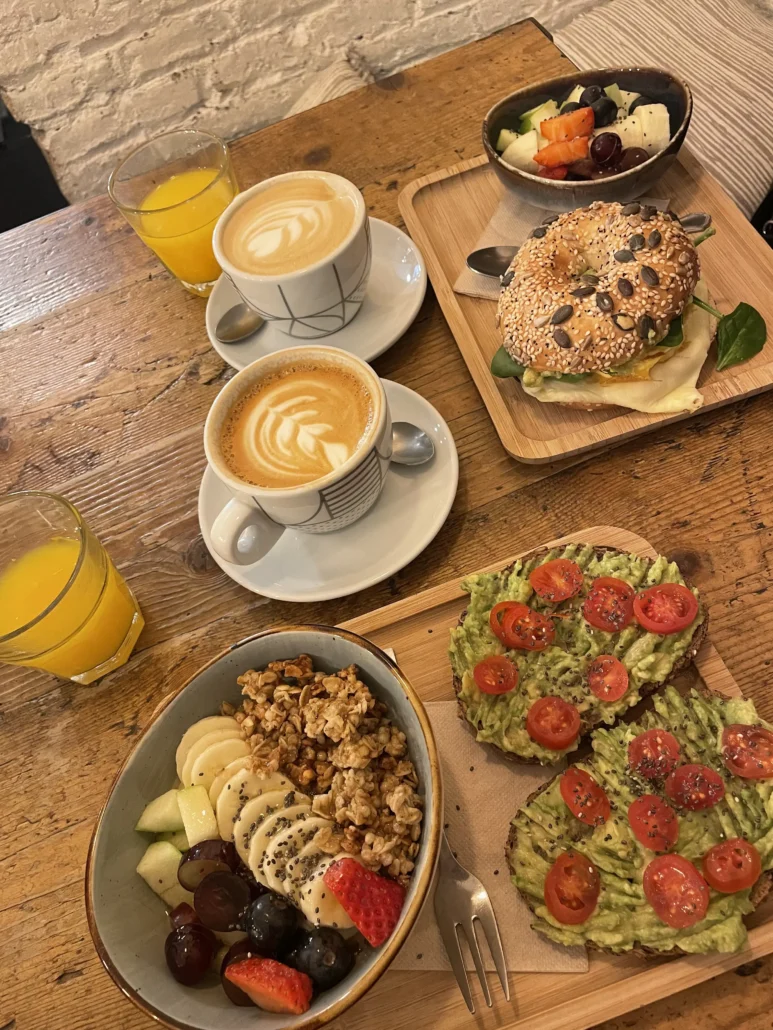
5. Cultural Food Etiquette in Spain
- Eating on-the-go is uncommon in Spain. Sit down for breakfast, lunch, and tapas. People are not in a rush and tend to be more relaxed.
- Dress well even for casual meals. Spaniards value looking put-together, and eating isn’t done in gym clothes or pajamas. You might get away with it in America, but not in Spain.
- Learn basic food vocabulary: jamón (ham), tortilla, patatas, croquetas, cerveza (beer), pan (bread). Study common words and phrases to make your trip easier.
In this blog you can read about some tips to become fluent in Spanish.
It is important to learn cultural food etiquette before you go abroad in Spain, so you don’t cause disturbance or get in trouble with the locals. Learn how the locals dress, so you can blend in better. This will help with your adjustment to life abroad, and maintain your safety to not be a target of pickpocketing or other crimes.
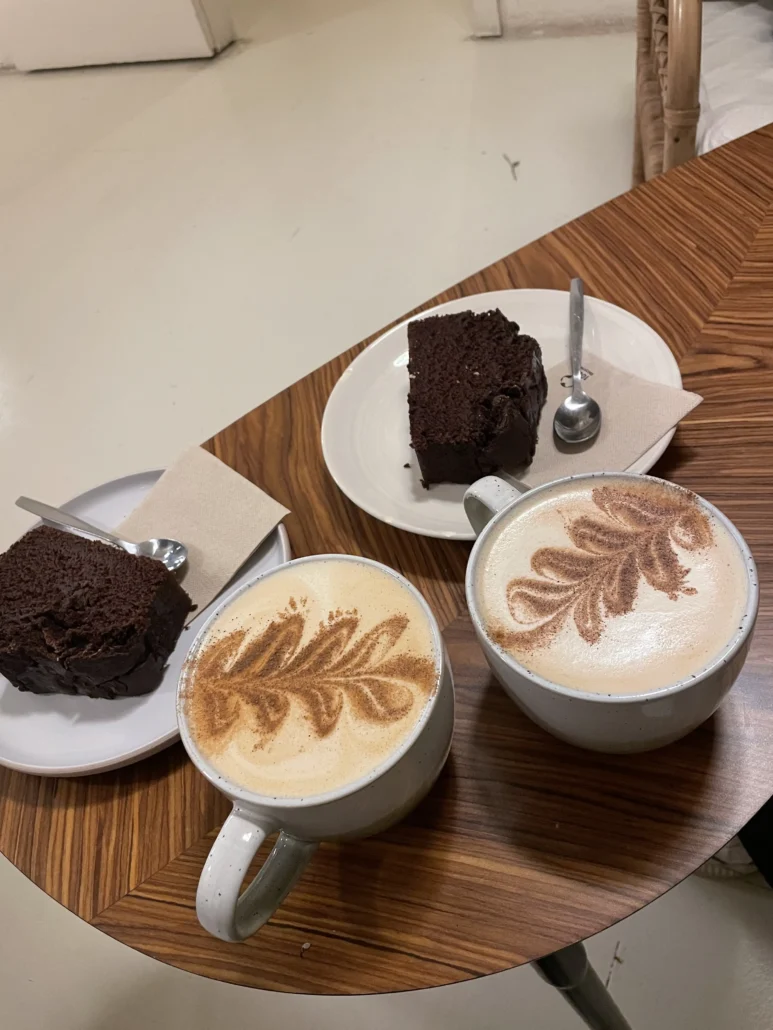
6. Resources & More Info For Interning Abroad
- Nervous about your first internship abroad in Spain? Here are four things you need to know before you go.
- We personalize each of our program, so you will get an experience that is unique and perfect for you
- We offer 2 weeks intensive Spanish learning classes, and an English-speaking program director that is available 24/7.
Planning your internship abroad in Spain? Visit our site for program options, housing, FAQ, and easy application process.
Final Takeaway
Getting ready for your internship abroad? Food will be both your fuel and your greatest cultural ambassador during your internship abroad in Spain. Embrace Spanish culture, dive into the city’s mercados, and learn to order and eat like a local. Whether you’re in Madrid, Barcelona, or Seville, Spanish food has a way of making every day a little more memorable.
Buen provecho and buena suerte on your first internship abroad in Spain adventure!






